Conscious Consumption: Raising and Butchering Your Own Animals
In our modern society, where food often comes neatly packaged and disconnected from its origins, there's a growing movement of individuals seeking a deeper connection to their sustenance. Raising your own animals for meat is a profound way to engage with the natural cycle of life, fostering a greater appreciation for the food on our plates. However, this journey isn't without its emotional challenges, particularly when it comes time to harvest the animals we've raised with care and compassion. In this blog post, we'll explore the benefits of raising your own animals for meat and provide guidance on overcoming the grief that may accompany the harvesting process.
1. Quality and Transparency:
By raising your own animals, you have complete control over their diet, living conditions, and overall welfare.
This level of transparency ensures that the meat you consume is of the highest quality, free from antibiotics, hormones, and other additives commonly found in commercially produced meat.
2. Sustainability and Self-Sufficiency:
Raising animals for meat promotes sustainability by reducing reliance on industrial farming practices that can harm the environment.
By producing your own meat, you lessen your carbon footprint and contribute to a more self-sufficient lifestyle.
3. Ethical Considerations:
Many people choose to raise their own animals as a way to ensure humane treatment throughout their lives.
By providing a comfortable and natural environment for your animals, you can feel confident knowing that they lived happy and fulfilling lives before being harvested for meat.
4. Nutritional Benefits:
Meat from animals raised on pasture tends to be higher in nutrients such as omega-3 fatty acids, vitamins, and minerals compared to factory-farmed meat.
By raising your own animals, you have the opportunity to enjoy meat that is not only delicious but also more nutritious.
Overcoming Grief:
Now, let's address the emotional aspect of harvesting animals we've raised with care and affection. It's natural to feel a sense of grief or sadness when the time comes to say goodbye to these animals, but there are ways to navigate these emotions:
1. Acknowledge Your Feelings:
Allow yourself to feel the full range of emotions that come with harvesting animals you've raised. Recognize that grief is a natural response to loss.
2. Create Rituals of Remembrance:
Develop meaningful rituals to honor the lives of the animals you've raised. This could include a moment of silence, a ceremony in their honor, or planting a tree in their memory.
3. Connect with Supportive Communities:
Seek out others who have gone through similar experiences and can offer empathy, understanding, and support.
Online forums, local homesteading groups, and community organizations can be valuable sources of comfort and companionship.
4. Focus on the Greater Purpose:
Remind yourself of the reasons why you chose to raise animals for meat in the first place, whether it's promoting sustainability, self-sufficiency, or ethical treatment of animals.
Recognize the positive impact of your choices and the nourishment that these animals provide for you and your family.
In Conclusion: Raising your own animals for meat is a deeply rewarding journey that offers numerous benefits, from quality and transparency to sustainability and ethical considerations. While it's natural to experience grief when harvesting these animals, it's important to remember the greater purpose behind your actions and to find solace in the knowledge that you've provided them with a good life. By embracing the circle of life with compassion and gratitude, we can honor the animals that sustain us and deepen our connection to the food we eat.
Check out our podcast episode where we talk about about this topic HERE


